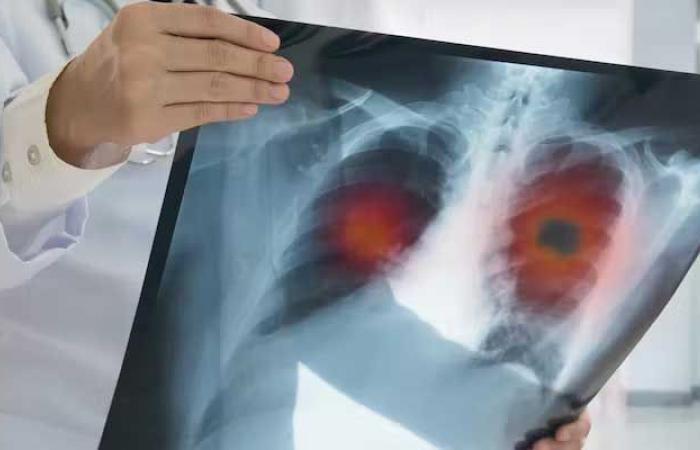A national early detection program for lung cancer will be launched during the second quarter of 2025, after the completion and evaluation of the pilot phase started two months ago at the Abderrahmen Mami Hospital of Pneumo- Phthisiology at Ariana,” said Friday the President of the Tunisian Association of Thoracic Surgery (TTSA), Belhassen Smati.
In a statement to TAP on the sidelines of the third annual national congress of the TTSA, Smati indicated that this program, developed in partnership with the Ministry of Health, aims to detect lung cancer in 500 people using a scanner low-dose thoracic treatment, noting that this new technique has shown its effectiveness in the early diagnosis of lung cancer.
He added that lung cancer is among the most common cancers among men, particularly among smokers. Data from the World Health Organization indicates that in Tunisia, between 5,000 and 6,000 new cases are recorded each year.
Smati pointed out that in the absence of a national lung cancer registry, the majority of registered cases are discovered at advanced stages, which reduces the life expectancy of these patients to less than a year after the diagnosis.
In this context, the specialist stressed that the new technique for early detection of lung cancer improves life expectancy, which can reach 10 years for around 80% of cases detected early.
He also reported that the pilot phase, launched two months ago at the Abderrahmen Mami Pneumo-Phtisiology Hospital in Ariana, allowed the early detection of 15 people.
To this end, Smati encourages people aged 55 to 70 to go to hospital outpatient clinics for early detection of this malignant tumor.
Health






